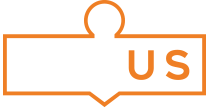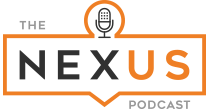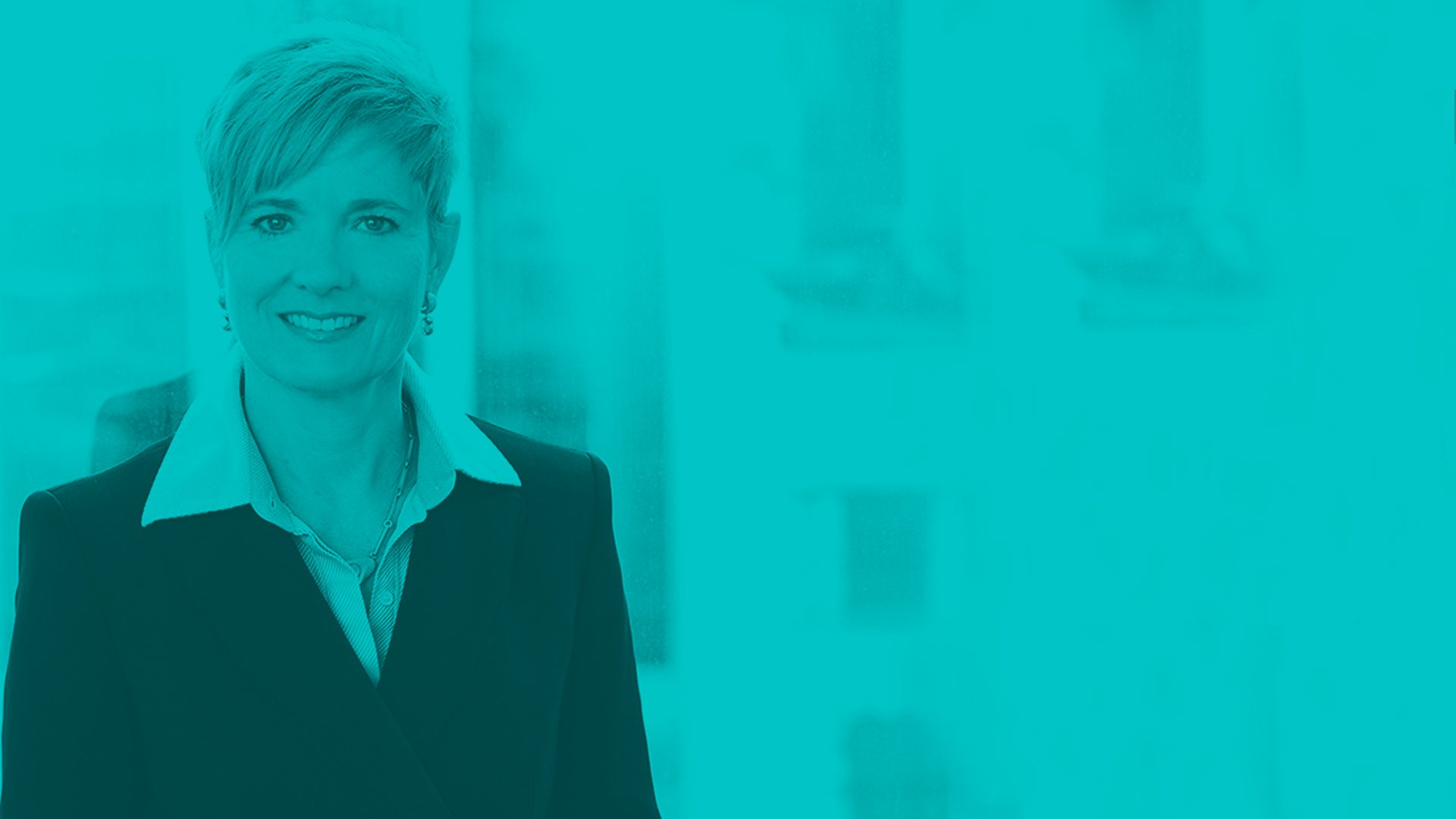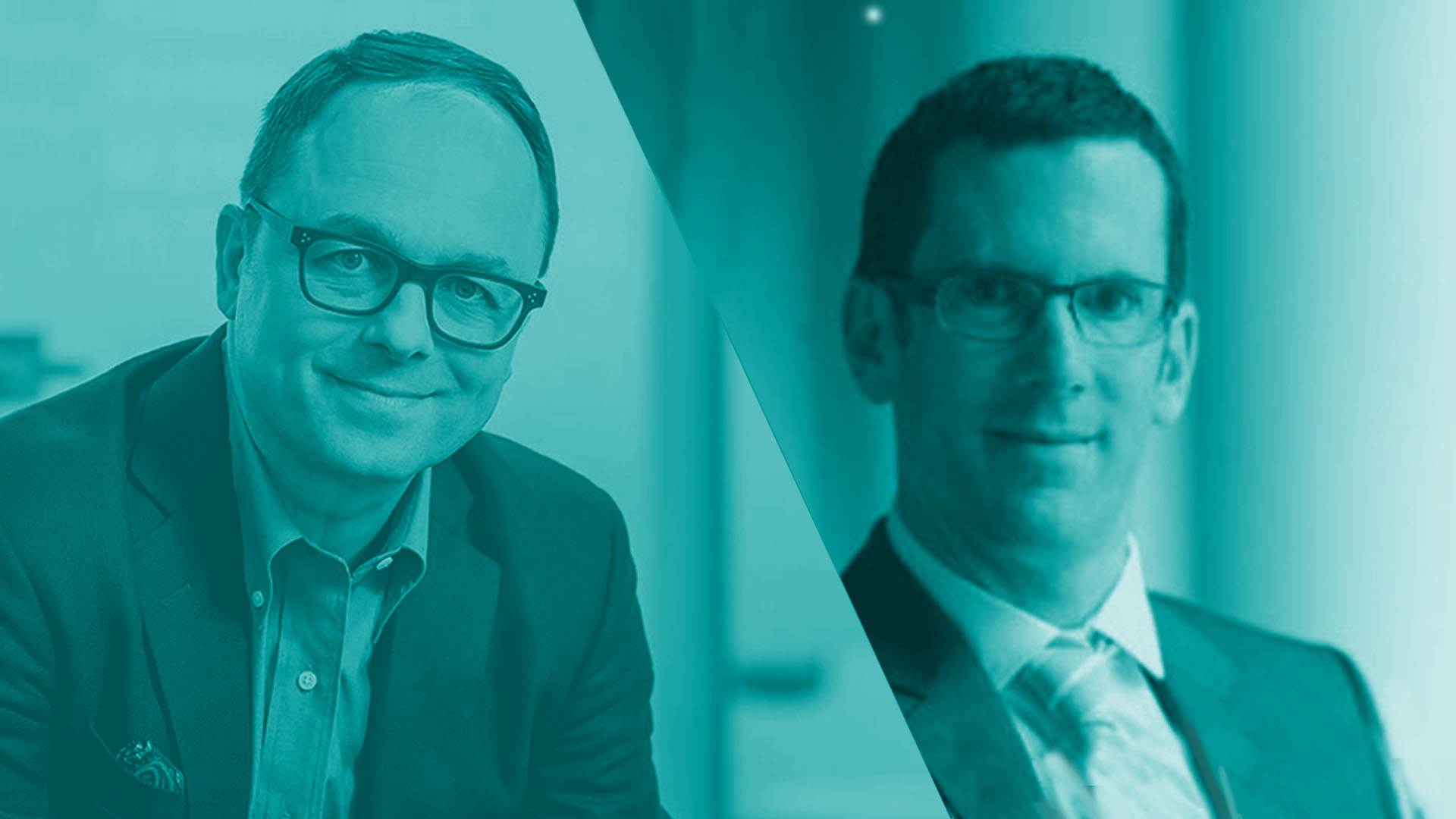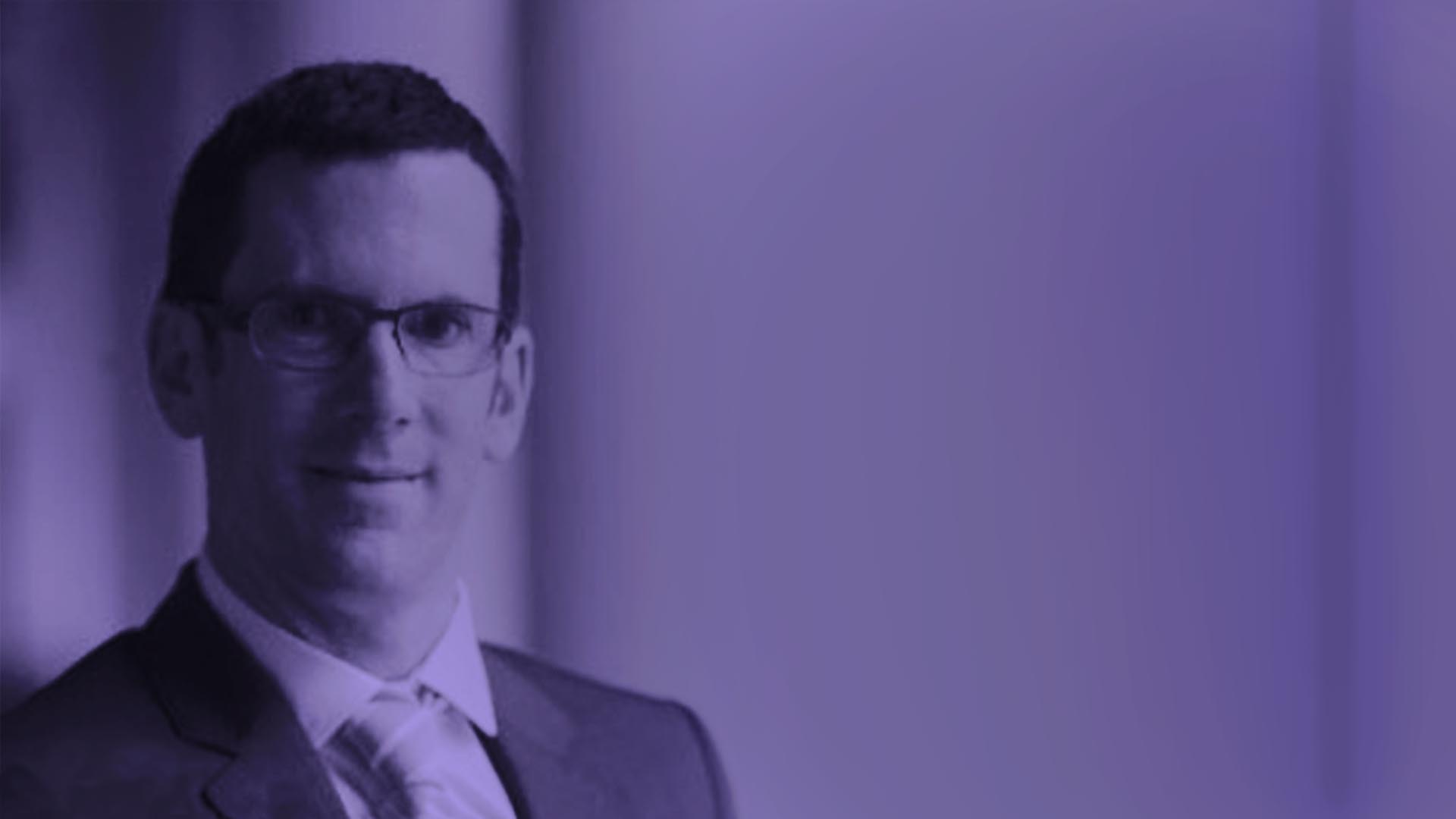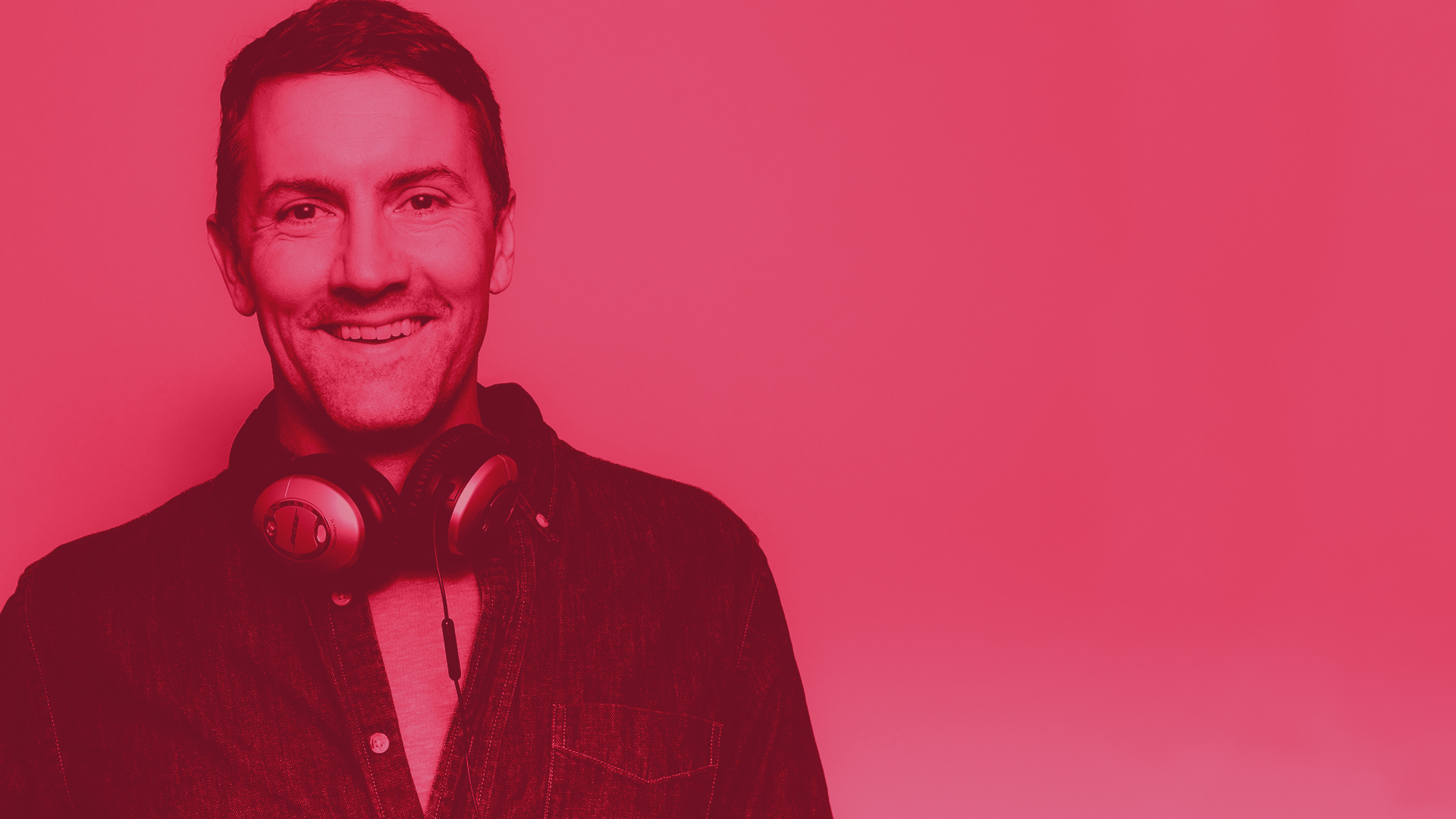Curing a Culture of Overwork With Kathy Woods
If you’re an employer you may be facing a looming crisis – Global News has called it “The Great Resignation” and New York Magazine named it “The Clock-Out Cure” but they’re both describing the same thing: after a year of accumulating, pandemic-induced work stresses, many talented high performers are quitting work for the sake of their well-being. The circumstances behind these radical acts of self-care may vary but they have origins in something many of us have complained about but few take action to fix (until now): a culture of overwork, where employers demand (either implicitly or explicitly) that their people put their job ahead of all other considerations.
Overwork and our shifting attitudes about it are just one of many trends that our guest on this episode happens to be following. Her name is Kathy Woods, and she’s a partner at Deloitte specializing in workforce transformation.
Extra! Extra! Read all about it: What’s Really Holding Women Back? – Harvard Business Review article by Irene Padavic, Robin Ely & Erin Reid; Welcome to the YOLO Economy
Show Transcript
Chris Nelson [00:00:00] So about a month ago, this 45 year old guy named Jonathan sits down at his desk one Sunday afternoon at home to prepare for the onslaught of his seventy hour work week. And as he starts, his chest gets tight like someone’s clamped a vise around it. His ears start to pop. He’s got pain shooting up and down his left arm and he’s struggling to breathe. Classic signs of a heart attack. And in that moment, Jonathan is realizing this is it. This might be the end of his life. Now, in that fateful moment when people realize their death is at hand, many things can come to mind regret at the things that you did regret, at the things that you didn’t do, sadness at the things you’ll miss out on, and perhaps even greater the fear of what lies beyond this mortal coil. But Jonathan wasn’t thinking about any of that.
Chris Nelson [00:01:06] His first thought was, wow, this is so inconvenient because I’ve got a big meeting with my manager tomorrow. The second thought was, how am I going to secure funding for my pet project if I’m in the hospital or the morgue? But worrying that his wife or children might find his lifeless corpse slumped over his laptop … that came in around number four. So we know all about Jonathan Frostick misplaced priorities because fortunately he survived and he share his experience on his LinkedIn page in a post that has since gone viral. He shares an epiphany. His heart attack was a warning and the warning went like this. He, Jonathan, frostily had voluntarily submitted to and unwittingly perpetuated a culture of overwork. And if he was going to survive, then he needed to fundamentally change how he approached his job. Of course, we don’t need Jonathan to die for us to realize that working too much is a problem. Just ask Robin Ely and Irene Padavic. Robin is a professor at Harvard Business School, Irene’s at Florida State University and both of them study gender inequality.
Chris Nelson [00:02:35] A couple of years ago, they were hired by a global consulting firm to figure out precisely why it was the firm had so few women in senior leadership positions. The conventional thinking then, as now, is that these jobs demand long hours and working mothers simply couldn’t balance the demands of work and family. But what Robin and Irene uncovered was something very different, something far more systemic and even a little insidious. Women weren’t absent from the C-Suite because of struggles, balancing work and family – no, the data told them quite clearly that people who accepted accommodations, things such as going part time or job sharing, those people were consistently passed over for advancement. And according to the associates they spoke to, it was common knowledge that accepting accommodations meant the end, or at least a significant setback to your rise in the company, a work culture where anyone, female or male, was effectively punished if it looked as though they weren’t putting work ahead of everything else.
Chris Nelson [00:03:44] Presumably, the firm offered these awesome accommodations to help working parents advance, and yet, perversely, they were doing precisely the opposite. Now, Robin and Irene solution was very simple. The firm just needed to reconsider how much work it expected of its employees and the firm’s response. They rejected the findings and they sent Irene and Robin packing. So here we are working ourselves to death, in Jonathan’s case, quite literally. And some of our employers are doing little to stop us, and even a few are going to punish us if you try. But according to our guest on today’s pod, they may have little choice but to change if they want to keep attracting top talent and grow. Her name is Kathy Woods. She’s a partner at Deloitte specializing in workforce transformation. And she thinks the single best way to cure a culture of overwork and I’m paraphrasing, not quoting, is for leaders to grow a spine. Kathy joins us today at The Nexus.
Chris Nelson [00:04:53] Now, Kathy, I’m sitting here talking about overwork as though it’s a given, but I probably shouldn’t be presumptuous. How pervasive is the problem?
Kathy Woods [00:05:03] It is the fundamental driver behind corporate culture. Yeah, I think it’s a huge issue. I see it in so many of the organizations that I work with. I mean, there are a number of factors that I think drive it at various levels. If you start at the top, I think there are issues like priorities. We generally aren’t good at saying no. And I have never seen an organization that on some level hasn’t had a challenge prioritizing and saying no to things. You know, there are some companies who say we set our goals, we kaskade our goals, we have stage gates. But at the end of the day, there’s always too much on people’s plates and usually it’s because they won’t say no to things.
Kathy Woods [00:05:47] So why don’t we set priorities? Well, I actually think there’s almost a Darwinian part of this, right? If I don’t do this, will somebody else do it? And therefore I lose a chance to succeed, to grow, to sell more, to be better. That’s really a survival of the fittest response. Some of that also goes back to people like me. Do they want to be around me? Have I created a sense of this reason for people to want to be part of my tribe? And so I think that’s another factor to why we get too much on our plates.
Chris Nelson [00:06:22] Kathy, I’ve been reading a flurry of articles lately with titles like The Great Resignation, The YOLO Economy. My personal favorite was from New York magazine, and they called this thing the clock-out cure. And what all of these things are describing is this emerging phenomena of high performing talented professionals who are locked into a culture of overwork and after a year of pandemic induced stresses, are simply choosing to quit for the sake of their well-being. They’re rejecting a culture of overwork, and they’re not just talking about it. They’re taking action. What kind of challenge does that present to employers, especially ones who demand a lot of their people,
Kathy Woods [00:07:10] ignore that issue that you just described at your peril organizations, whether it’s the pandemic which absolutely has caused that. I’ve seen that in a big way in my own organization and with the clients I’ve served. Then you overlay some of the demographic and generational changes that are driving questions of purpose. You see all the ESG issues that are now front and center. And so in my mind, there are a few things here.
Kathy Woods [00:07:38] One is to really be focused on what is that sense purpose. But then the other thing that I think we need to do as companies is really rethink work. What is the work that we have people doing? Why do we have them doing it and to what outcome? And in rethinking it, how do we humanize it? One of the things that we’re really focused on is how do you step back and change the work, bring technology in to help eliminate the boring, mundane, unsafe, inhumane aspects of the work, and focus the work on the priority activity that really makes a difference around the purpose and make it be something that feels like I, as the person doing that work, can connect with it.
Chris Nelson [00:08:27] I want to go back to the story of the firm one more time. And perhaps one of the saddest parts of that story is how they were actively seeking solutions to a problem. And yet when the researchers presented them with one one that perhaps maybe went to the heart of their work culture, they categorically rejected it. And I’m wondering how common is that for companies to reject what could be beneficial solutions? And how do you break them out of that pattern of thinking? How do you get them to think more laterally?
Kathy Woods [00:09:00] What organizations are saying is, I don’t want to stop doing anything because I’m afraid I’m not going to stay ahead of my competitor. And if I’m the first one to stop and they don’t, what’s going to happen? That anxiety can start at the very top. How do you help leaders get perspective and I think some of that is through storytelling, some of that is helping them find those comparisons. I think the other part is, is pushing them to go back to what are you trying to achieve and what is it going to take to achieve that?
Kathy Woods [00:09:33] The third one I think about is telling stories about leaders who’ve done things that maybe appear risky to those of us who are scared and call out the benefits of it. There have been some studies and tests and prototypes that people have done. I mean, Microsoft in Japan did a couple of years ago where they went to a four day workweek. Now, they only did it, I think it was the month of August. But in that four day workweek, they found out that their productivity went up by 40 percent year over year from the prior August. I don’t know that they measured well-being and personal satisfaction, but I think you can pretty much imagine what that was like.
Kathy Woods [00:10:16] They also had other costs, like, you know, their electricity costs dropped by almost 25 percent. They didn’t print nearly as much, about 60 percent less stuff actually being printed. So there are facts out there that can show that actually if we stop doing stuff, we can accomplish more, we achieve more. I think it goes back to some of this fear factor of what am I going to be left behind and if somebody’s going to get the better of me. So the question is, who’s going to start?
Chris Nelson [00:10:45] Well, that is an excellent Segway, Cathy, because I’d be really curious to know if there is something that people, leaders can be doing within their own businesses today to help maybe shift the mindset or inspire a little bit more bravery in this.
Kathy Woods [00:11:02] Organizations who are giving people more days off… we have that at Deloitte. If you’ve got an issue and you need to go deal with it, you can take some days to sort that out. So some of these things that are well, perhaps they’re not saying we don’t need you to work as hard. What they are saying, and I think this is a place to start, is we are trusting you to get your job done. I think that’s one thing to do is to start looking more at the outcomes, not at the process of how you’re doing it.
Kathy Woods [00:11:37] Last year when we did our trends study, which we do every year, the number one trend that executives and senior leaders were most worried about was well-being. So this was just before covid well-being spans everything. And we know that mental health is a big one that’s been on the top of our radar as we go through covid. So I think more and more of these things are coming to the fore and we are going to see organizations that some of them will say we’re just going to change the goals. Other ones will say we need to do something about wellbeing and that will go one way or another. But it will happen.
Chris Nelson [00:12:15] I do hope you’ll consider returning to chat with us some time.
Kathy Woods [00:12:18] I’d be more than happy to do it. And you can probably tell I have a bit of fun doing it as well, which I think is the other part. Chris, parting comment for you. Yeah, we need to stop worrying about what are all these metrics and we need to start deploying people against things that what do you call it, fun or passion or flow more. We think about that the more we’re going to produce.
Chris Nelson [00:12:37] All right. Well, I’m having fun all the time, largely because I get to talk to people like you. So thank you.
Chris Nelson [00:12:45] If you want to read about the study that Robin Eli and Irene Padavic conducted, you can find it in the April 2020 edition of the Harvard Business Review. And in fact, we’ve done you a kindness and put a link to that article on our Web site at the Nexus podcast, dot com. And if you want to read Kathy’s team’s report on how to build a future ready workforce, you can find it under Deloitte’s website.
Chris Nelson [00:13:13] But more importantly, are you OK? Is a culture of overwork burning you out? If so, then maybe next nexus can help. We’ve been supporting clients with phenomenal talent, strategies and communications for over two decades and we can do the same for you. You can find us at W-W Nexus Communications, dot com, that’s nexus communications dot com. And if you like what you heard here today, then let us know you can comment about us or even better, subscribe to us at Apple podcasts, Spotify or wherever you feed your podcast jones. The Nexus is produced by Alexa Pavao. I’m Chris Nelson. Thanks for listening.
